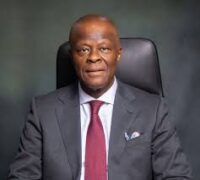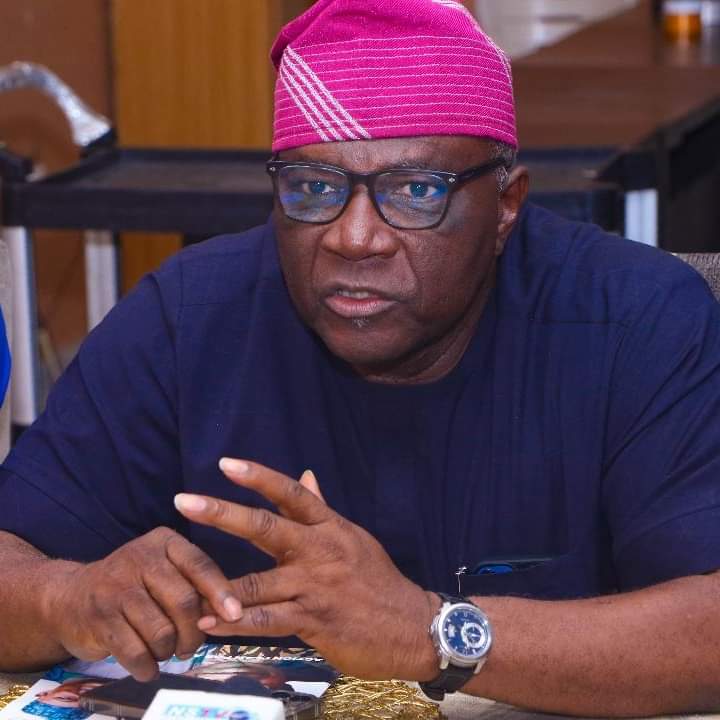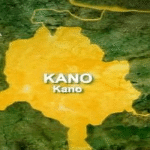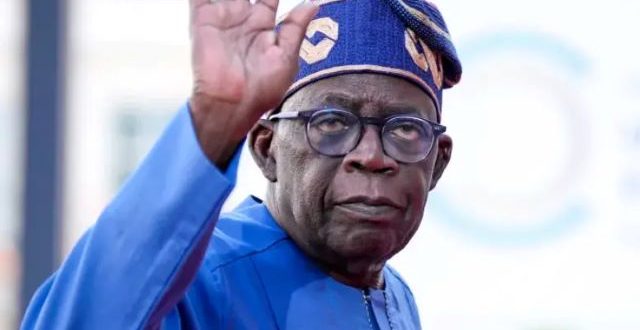The former southeast spokesman of President Bola Tinubu, Denge Josef Onoh, Tuesday declared that former president Goodluck Jonathan is constitutionally qualified to contest for Nigeria presidency in the 2027 election.
Onoh’s declaration comes following President Tinubu’s Special Adviser on Information and Strategy, Bayo Onanuga’s statement, on Monday, where he warned that Jonathan’s eligibility for the 2027 contest maybe a resolution of the court.
But Onoh countered Onanuga, reminding him that the matter has already been settled, resolved in favour of Jonathan and cannot be revisited again except for a wild chase legal excursion.
According to Onoh, it is in the hands of Nigerians to decide who leads them and that the administration of President Bola Tinubu will not infringe on any opponents right to contest.
Onoh, who stated this while addressing newsmen in Yenegoa, Bayelsa State capital on Tuesday, said that Jonathan’s eligibility under constitutional term limits is already a settled legal precedent that was established through unchallenged judicial rulings that affirmed Jonathan’s qualification to contest future elections.
“Therefore, President Tinubu should not be deceived by anyone telling him otherwise. This was exactly how Jonathan’s inner cabal during the build up to 2015 elections deceived him into believing that he was invisible, that Nigerians loved him, to the extent he was too carried away that he felt invisible and never saw Tinubu coming.
“Tinubu was the invisible magician that cast the spell that led to Jonathan’s loss at the polls. The President should not fall in the same trap by the voices that surround him now. The one major sincere voice he should listen to is his wife, many will betray him in the coming months,” Onoh.
Onoh further stated that a binding and unappealed Judgment in May 2022, of the Federal High Court in Yenagoa, Bayelsa State (Suit No. FHC/YNG/CS/86/2022), delivered a definitive ruling in a case brought by APC members, Andy Solomon and Ibidiye Abraham against Jonathan, the APC, and INEC.
In the judgment, Justice Isa H. Dashen held that Goodluck Jonathan is constitutionally eligible to contest the presidency of Nigeria again.
The court reasoned as that Jonathan’s assumption of office on May 6, 2010, following the death of President Umaru Musa Yar’Adua, was not an election under Section 137(1)(b) of the 1999 Constitution (as amended), but a succession to complete Yar’Adua’s unexpired term, invoking the doctrine of necessity and not counting toward the two-term limit for elected mandates.
Onoh said that Jonathan was elected only once, in the 2011 presidential election, served a full four-year term until 2015; which his 2015 bid was a legitimate reelection attempt even though he defeated at the polls, but did not exhaust his constitutional allowance.
“The 2018 constitutional amendment (via the Fourth Alteration Act), which added Section 137(3) to bar anyone sworn in twice from further contests, does not apply retroactively to Jonathan. The amendment postdated his tenures (2010–2015). It cannot retroactively disqualify rights accrued under the pre-amendment framework.”
Onoh stated that ex-post facto laws are impermissible in Nigeria’s constitutional democracy, a principle reinforced by precedents such as the Court of Appeal’s 2015 ruling in Cyriacus Njoku v. Goodluck Ebele Jonathan (2015) LPELR-24496(CA), which similarly excluded his 2010 oath from term-counting calculations.
Onoh asserted that the 2022 judgment was never appealed by the plaintiffs or any party, despite the 90-days window under the Constitution and relevant electoral laws. Over three years later (as of September 2025), the ruling stands as final and binding under the doctrine of res judicata—barring relitigation of the same issues between the same parties.
“Hence I urge Mr. President not to listen to anyone who comes to spin him with legal possibilities of Jonathan’s eligibility because Nigerian jurisprudence, including Supreme Court decisions like Marwa v. Nyako (2012) 6 NWLR (Pt. 1296) 200, upholds such precedents to ensure legal certainty and prevent endless challenges to settled rights.











